Being prepared doesn’t have to cost a fortune. In fact, some of the most valuable skills for survival and self-reliance can be learned without spending a dime. Whether you’re a seasoned prepper or just starting out, these free skills can make a huge difference when the chips are down. From basic first aid to advanced foraging techniques, mastering these abilities will boost your confidence and readiness for whatever comes your way. Here’s a list of 15 essential prepping skills you can learn for free, starting today.
Basic First Aid
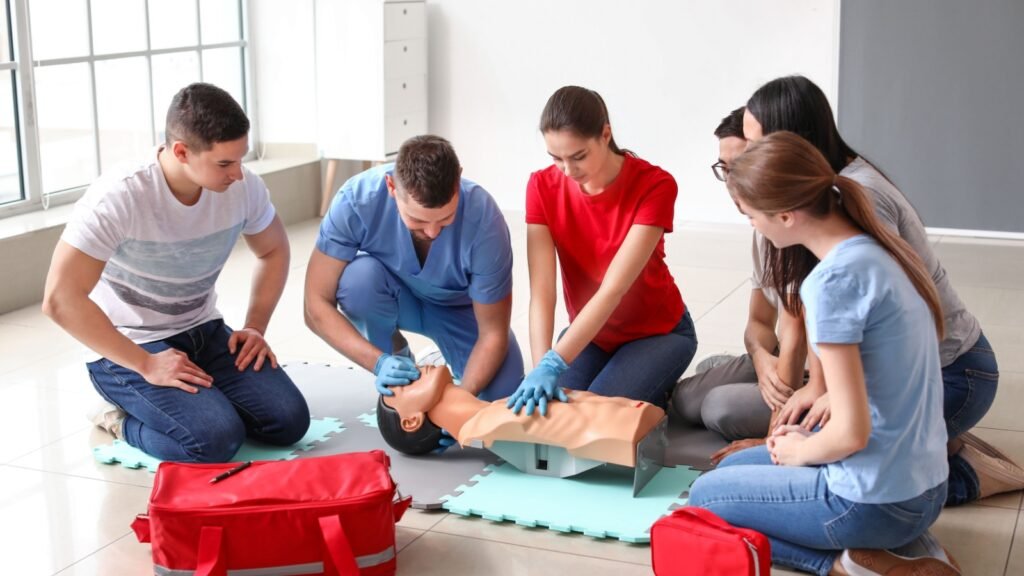
Knowing how to handle common injuries and medical emergencies is crucial in any survival situation. The American Red Cross offers free online first aid courses that cover everything from treating cuts and burns to performing CPR. These skills could save a life when professional medical help isn’t available. Practice bandaging techniques using old sheets or t-shirts to hone your skills without spending money on supplies.
Fire Starting
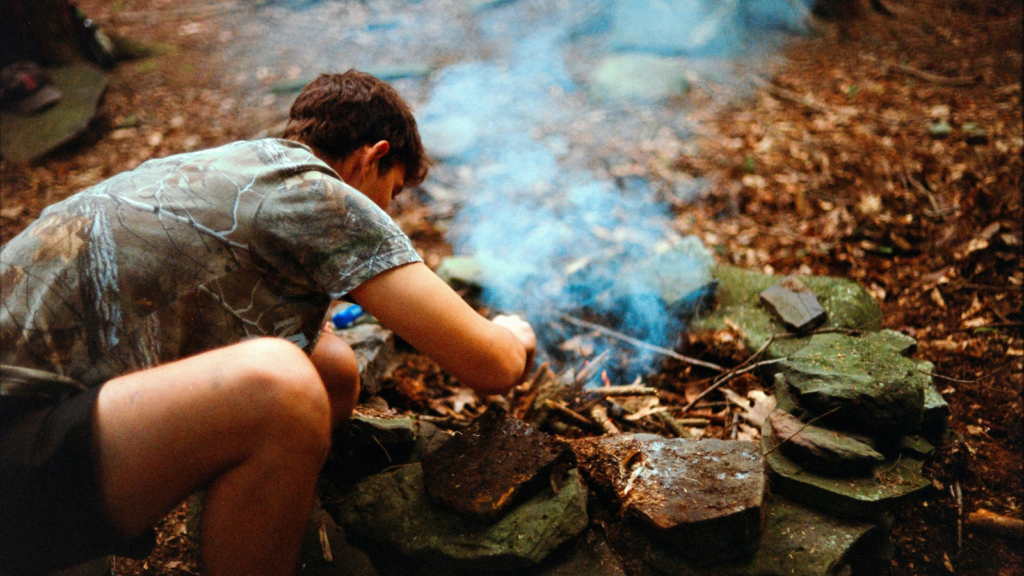
The ability to start a fire without matches or a lighter is a cornerstone of survival. Learn techniques like the bow drill method or using a ferro rod by watching YouTube tutorials. Practice in your backyard or a local park using found materials like dry grass and sticks. Mastering this skill ensures you’ll have warmth and the ability to purify water in emergency situations.
Knot Tying
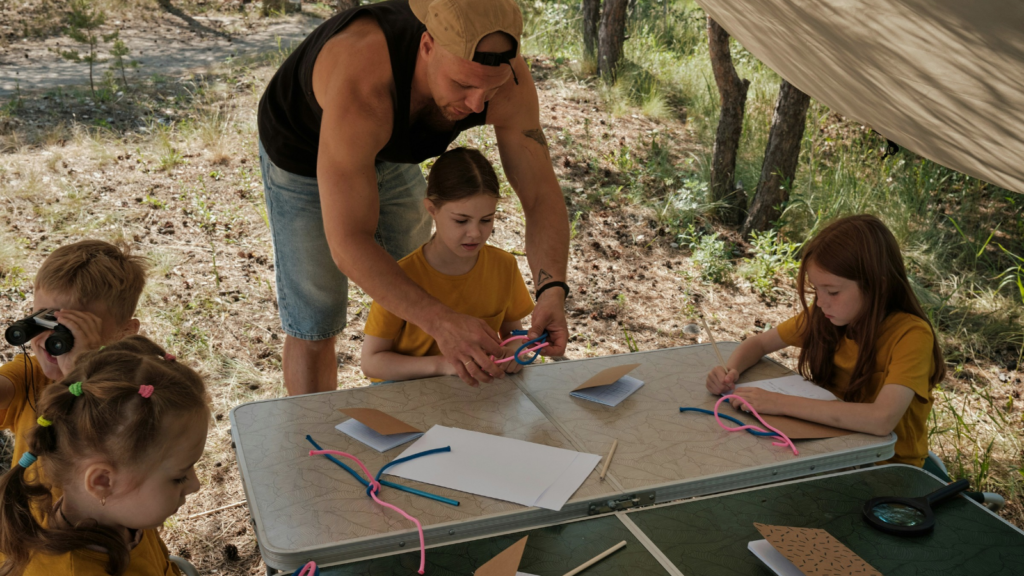
Proficiency in knot tying has countless applications in survival scenarios. Websites like Animated Knots offer free, detailed instructions for tying a wide variety of knots. Start with basic knots like the bowline, clove hitch, and taut-line hitch. Use scrap rope or shoelaces to practice, and soon you’ll be securing shelters and crafting tools like a pro.
Water Purification

Clean water is essential for survival, and knowing how to purify water from natural sources is invaluable. Research methods like boiling, solar disinfection, and improvised filtration using online resources. Experiment with making your own water filter using common household items like charcoal, sand, and cloth. This skill could be a lifesaver in both wilderness and urban disaster scenarios.
Foraging
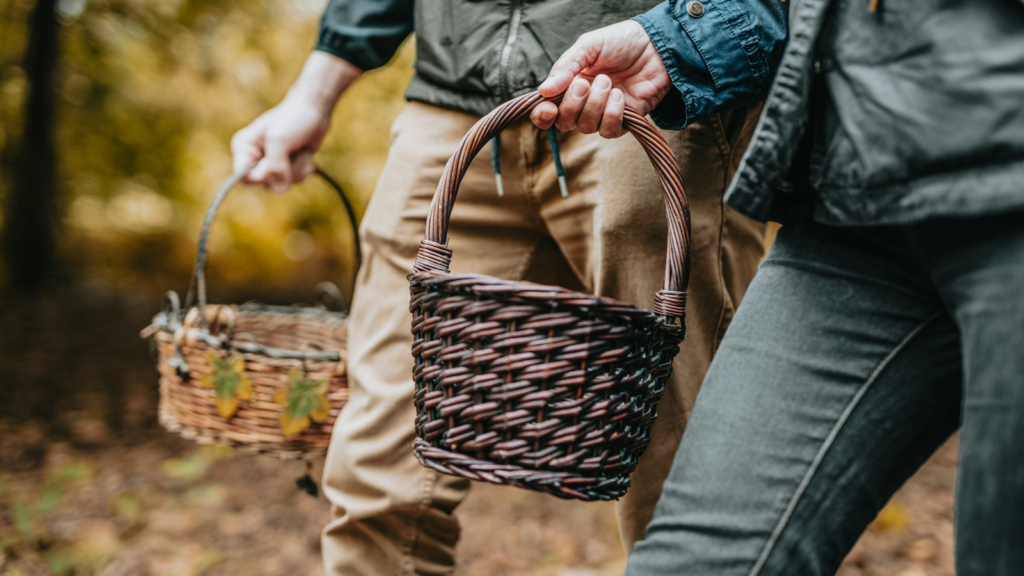
Learning to identify and safely consume wild edibles can greatly extend your food supply in a crisis. Start by researching common edible plants in your area using free online guides or smartphone apps. Always cross-reference multiple sources before consuming any wild plant. Practice identifying plants in your neighborhood or local parks, but avoid harvesting from potentially contaminated urban areas.
Basic Sewing
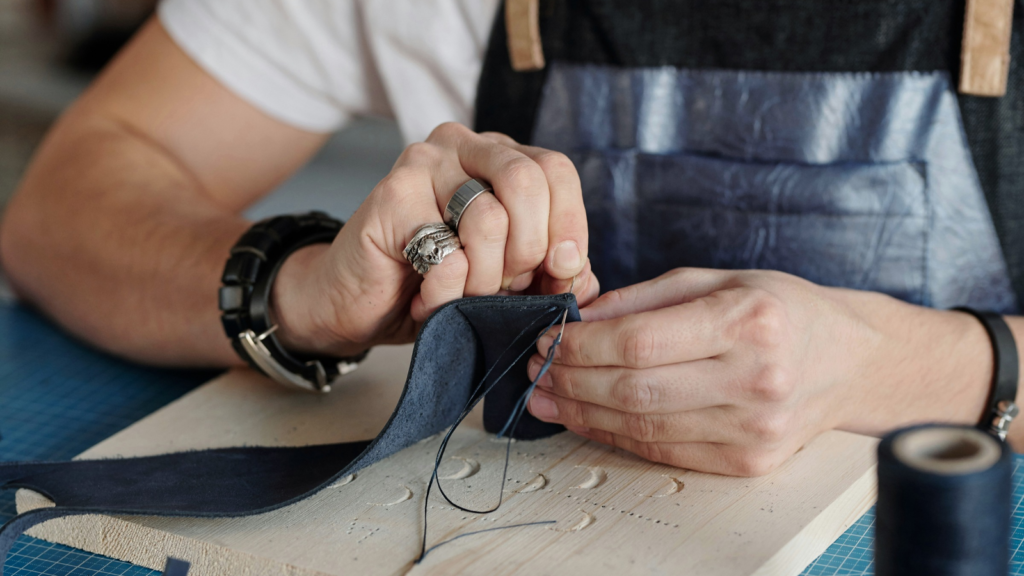
The ability to repair clothing and gear can significantly extend the life of your supplies. Learn basic hand-sewing techniques through online tutorials or by asking a friend or family member to teach you. Practice on old clothes or scrap fabric. Knowing how to sew a strong seam or patch a hole can keep you warm and dry in challenging conditions.
Shelter Building

Constructing a shelter from natural materials is a fundamental survival skill. Study different shelter designs like lean-tos, debris huts, and snow caves online. Practice building small-scale models in your yard using twigs and leaves. When you’re ready, try constructing full-size shelters during camping trips or in your backyard. This skill ensures you’ll always have a roof over your head, no matter where you find yourself.
Navigation Without GPS
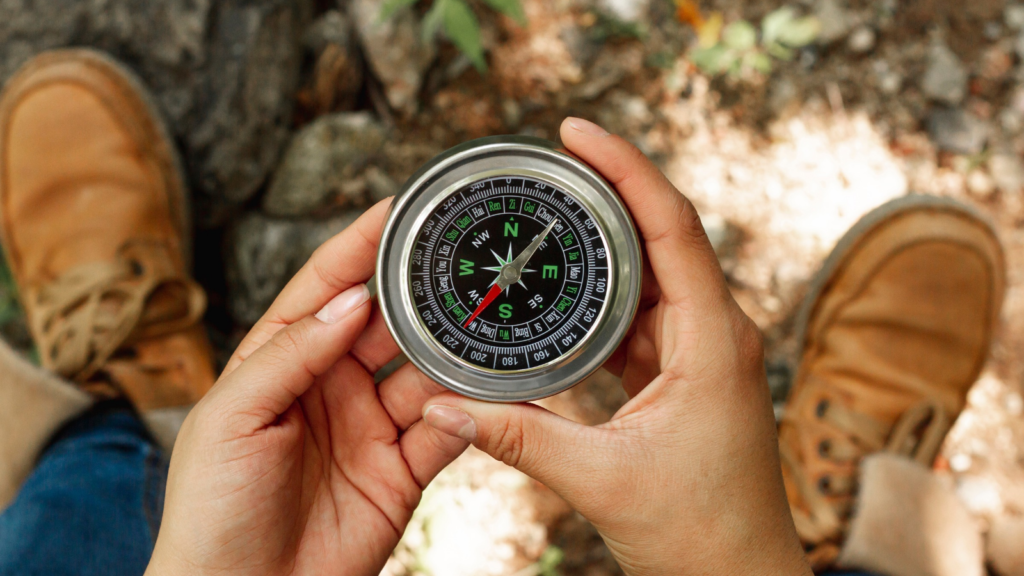
In a world where we rely heavily on technology, knowing how to navigate using a map and compass is crucial. Learn these skills through free online courses or by joining a local orienteering club. Practice in your neighborhood or local parks by creating simple navigation challenges for yourself. Being able to find your way without electronic aids could be the difference between life and death in a survival situation.
Food Preservation

Extending the shelf life of food is key to long-term survival. Research methods like solar drying, canning, and fermentation using online resources. Start with simple projects like drying herbs or making sauerkraut. Many of these techniques require minimal equipment and can be practiced with common kitchen items you already own.
Basic Car Maintenance

Keeping your vehicle running in an emergency can be crucial for bugging out or accessing supplies. Learn skills like changing a tire, checking fluids, and jump-starting a battery through free online tutorials or by asking a mechanically-inclined friend to show you. Practice these skills on your own vehicle to build confidence. Being able to perform basic maintenance could keep you mobile when it matters most.
Home Security Assessment

Understanding how to secure your home against intruders is vital in both everyday life and disaster scenarios. Research techniques for reinforcing doors, windows, and other entry points online. Conduct a thorough assessment of your home’s weak points and develop a plan to address them. Many security improvements can be made with simple, inexpensive materials and basic tools.
Fitness and Physical Preparedness

Being in good physical shape is a often-overlooked aspect of prepping. Develop a fitness routine using bodyweight exercises that require no equipment. Research proper form for exercises like push-ups, squats, and burpees online. Regular practice will improve your strength, endurance, and overall health, making you better prepared to handle physical challenges in a crisis.
Basic Electronics and Power Generation

Understanding how to generate and store power can be incredibly useful in a grid-down situation. Study the basics of solar power, wind energy, and battery storage through free online courses. Experiment with small-scale projects like building a simple solar USB charger using salvaged parts. This knowledge can help keep essential devices running when traditional power sources fail.
Gardening and Seed Saving

Growing your own food is a valuable skill for long-term self-reliance. Learn the basics of gardening through free online resources or by volunteering at a community garden. Start small with container gardening if you have limited space. Learn to save seeds from your produce to ensure a sustainable food supply. These skills can provide fresh, nutritious food even in challenging times.
Bartering and Negotiation

In a post-disaster economy, the ability to barter and negotiate effectively could be crucial. Study negotiation techniques online and practice with friends or family members. Start small by negotiating prices at yard sales or flea markets. Understanding how to trade goods and services fairly can help you acquire needed supplies and build beneficial relationships in a crisis.

